The technological advance of drones in healthcare has been one of the great revolutions in recent years. These unmanned aircraft of different shapes and sizes are changing the way different tasks are carried out in different sectors. Healthcare is one of the areas in which drones are having a great impact as they are proving to be a vitally important tool for saving lives.
Below, we will review the main applications of drones in the healthcare sector:
- Drone assistance in the rapid transport of organs
Today, drones are increasingly being used for organ transport. The lightness and speed with which they can carry out this process can mean the difference between life and death for many patients urgently awaiting organ transplantation. Drones are proving to be a very efficient tool for healthcare, as they can transport organs in a very limited time and with great delicacy, thus preventing them from suffering any kind of damage during transport.
In areas where population density can be very high, drones play a key role as they can fly directly from one hospital to another to transport the organ to the transplant recipient’s location. In addition, they can fly at a higher altitude than traditional means of transport, which translates into speed and better conditions in which organs are delivered.
- Street healthcare and supply delivery
In recent years, the use of drones has become an important tool in the delivery of medical supplies. In areas where access is difficult, such as rural or mountainous areas, or even areas that have been affected by natural disasters, drones can be used to transport medicines, vaccines and medical supplies to people in need. In emergency situations, where supplies have to be delivered quickly, drones can be very useful. Moreover, transporting medical supplies by drone can be even more economical and sustainable than by other means of transport, particularly in very remote areas.
- Medical surveillance
Another purpose of using drones is that they can be used for medical surveillance, i.e. they can be used for example to prevent the spread of infectious diseases. With the ability to fly over densely populated areas, drones can use integrated cameras to capture high-resolution images or video to help health experts understand how the disease is spreading and how it can be prevented.
Despite the many advantages of drones in healthcare, there are also challenges and concerns. For example, in densely populated areas, drones can be a safety and regulatory concern.
At Embention we have Veronte Autopilot 1x and 4x, developed in accordance with DO178C / ED-12 and DO254 standards that guarantee software and hardware reliability even in critical operations. In addition, Veronte Autopilot is the only one that has proven compliance with these standards in a certification process and provided the reliable evidence required for UAV certification. This makes it a highly reliable control system that can be easily customised to control various types of aircraft for UAM.
In conclusion, drones are proving to be an excellent tool in healthcare issues such as medical care, particularly in the delivery of medical supplies and medical surveillance. As technology advances, the use of drones is likely to become more integrated into healthcare, which will have a greater impact on medical care.

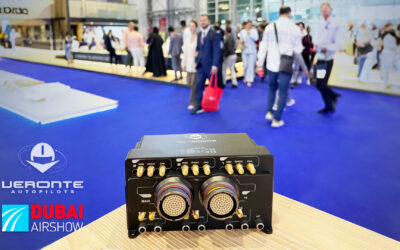

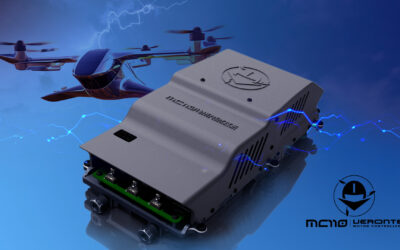
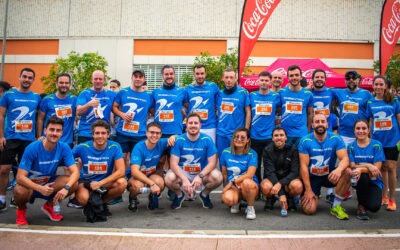
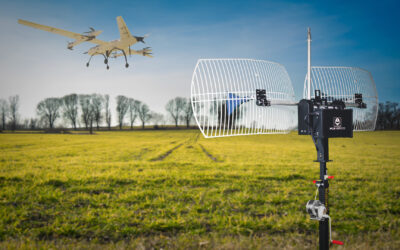
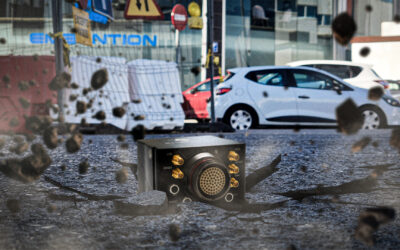
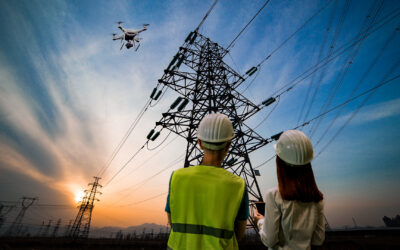
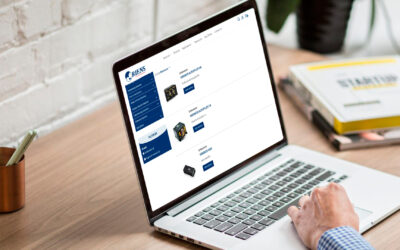

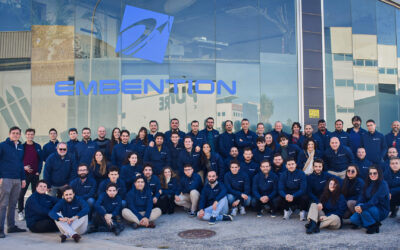
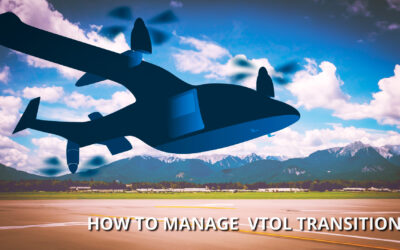
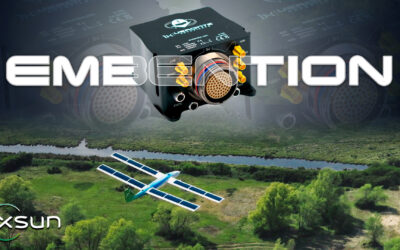
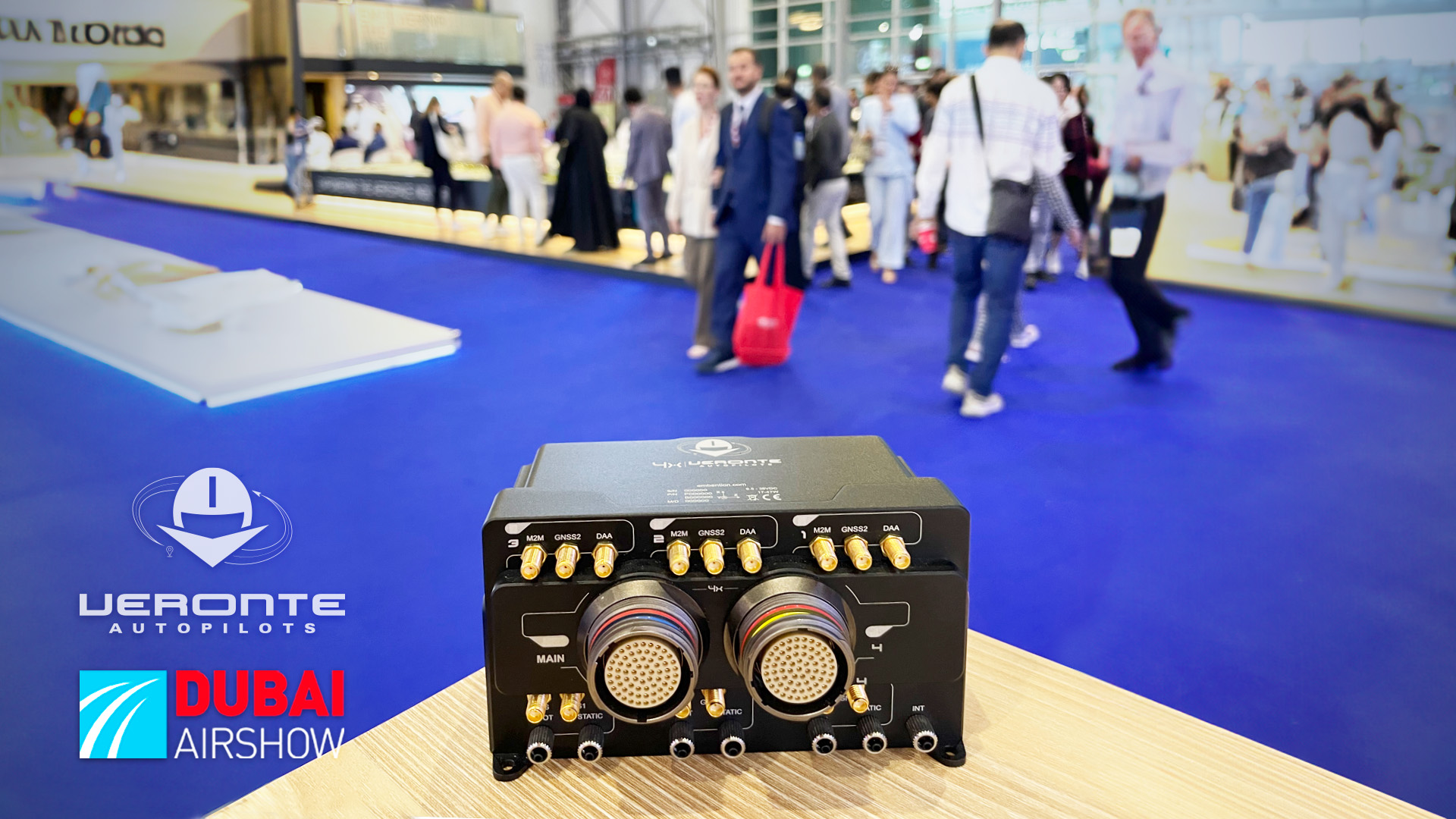
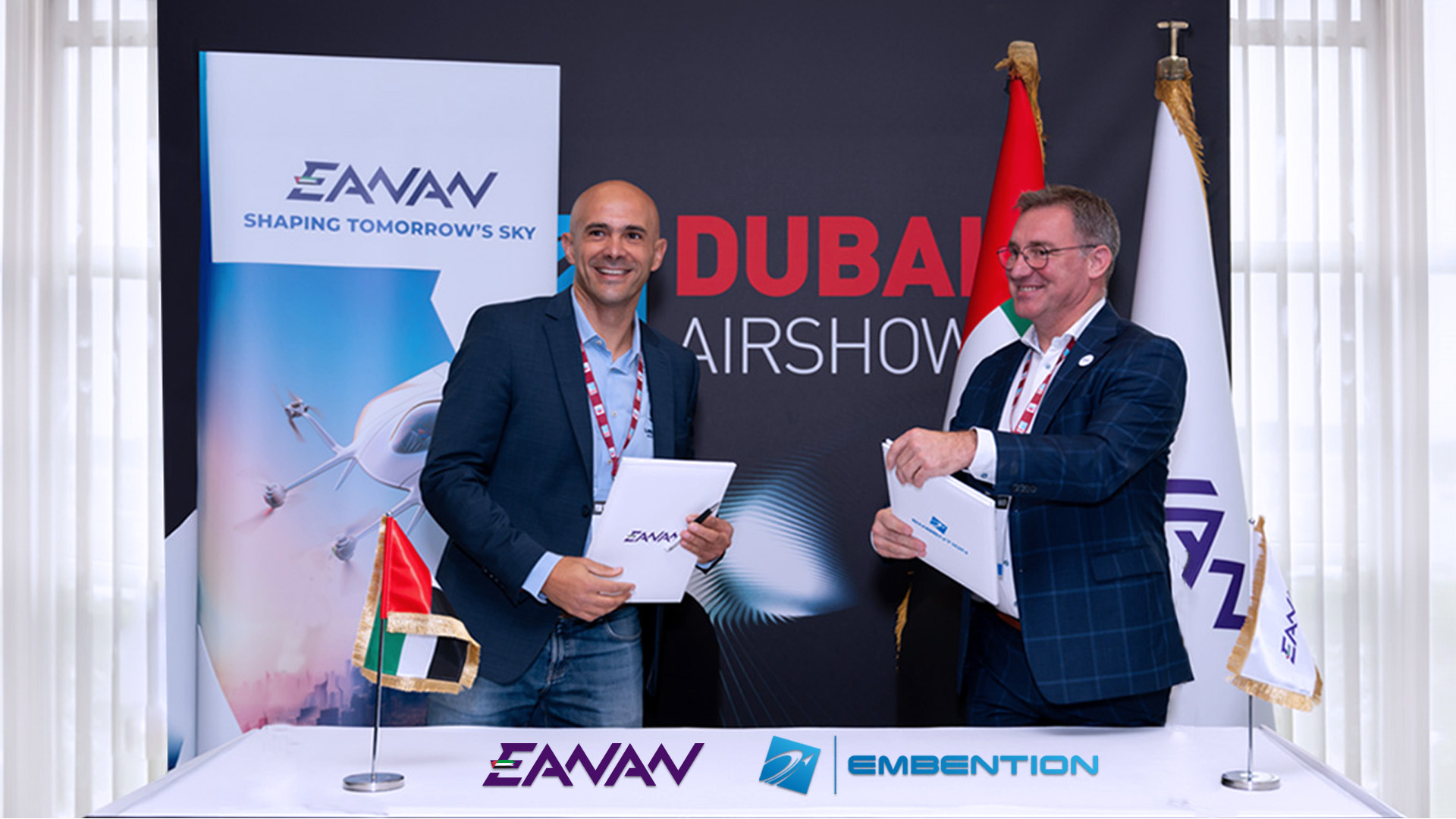
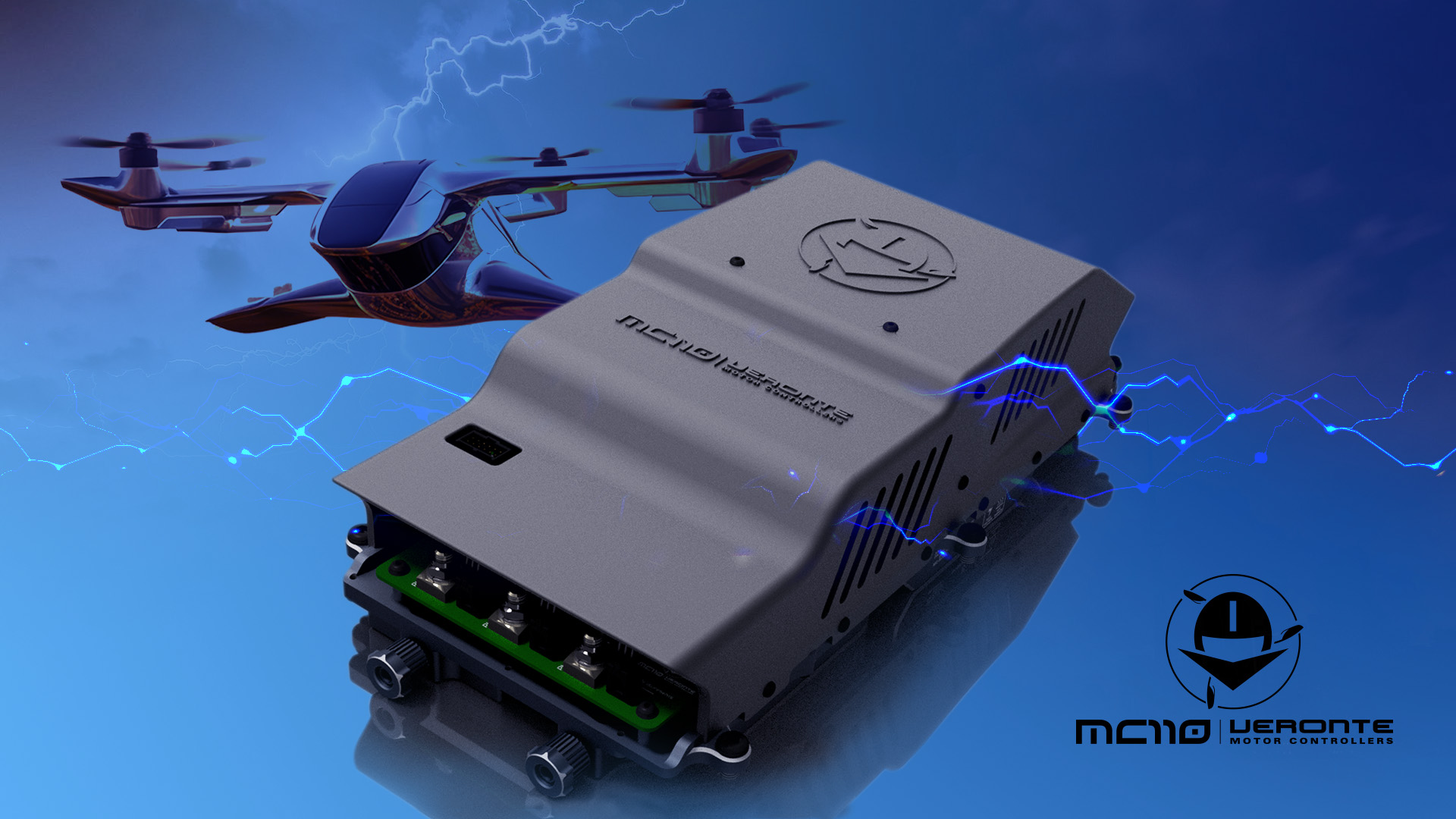
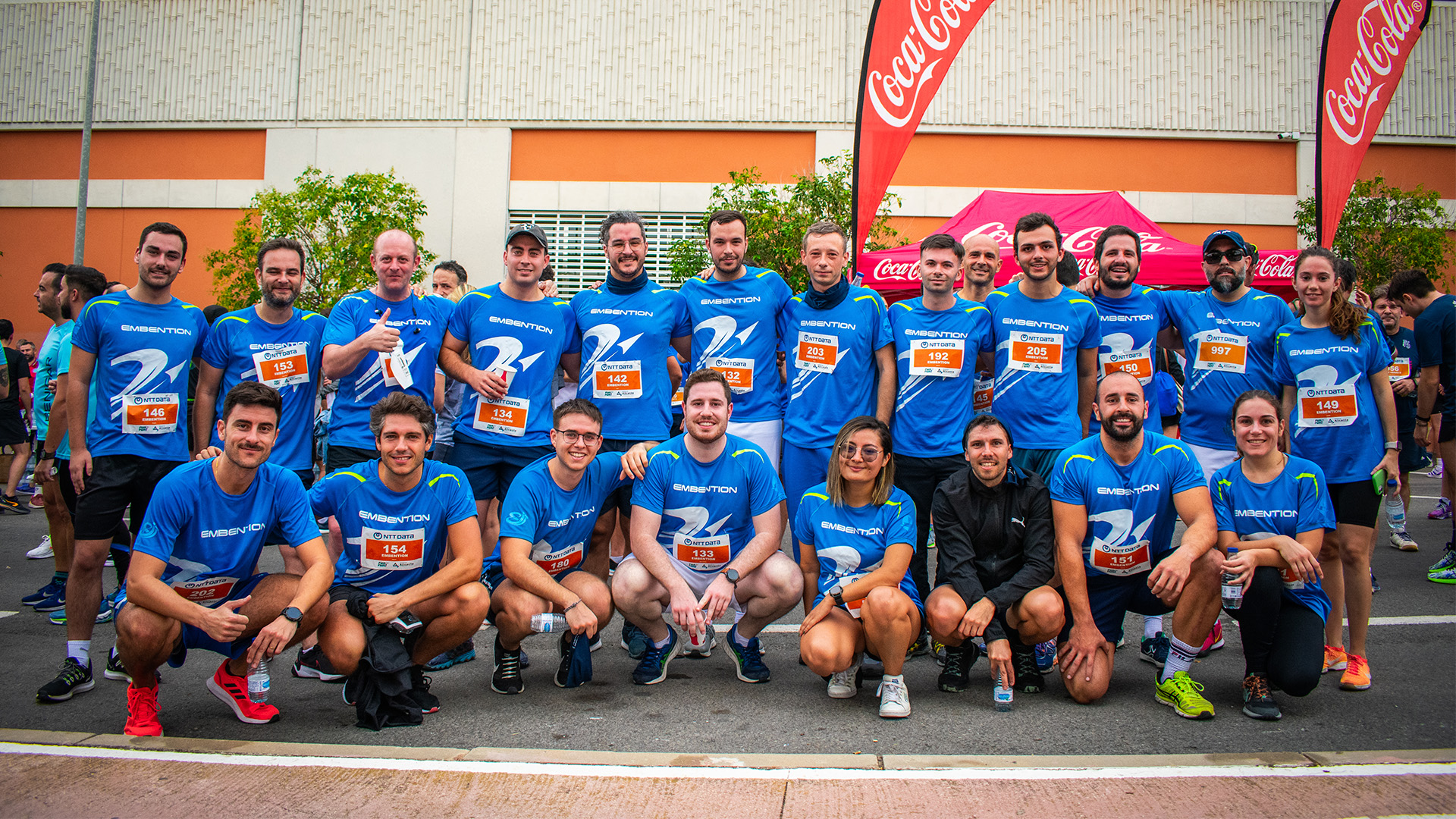
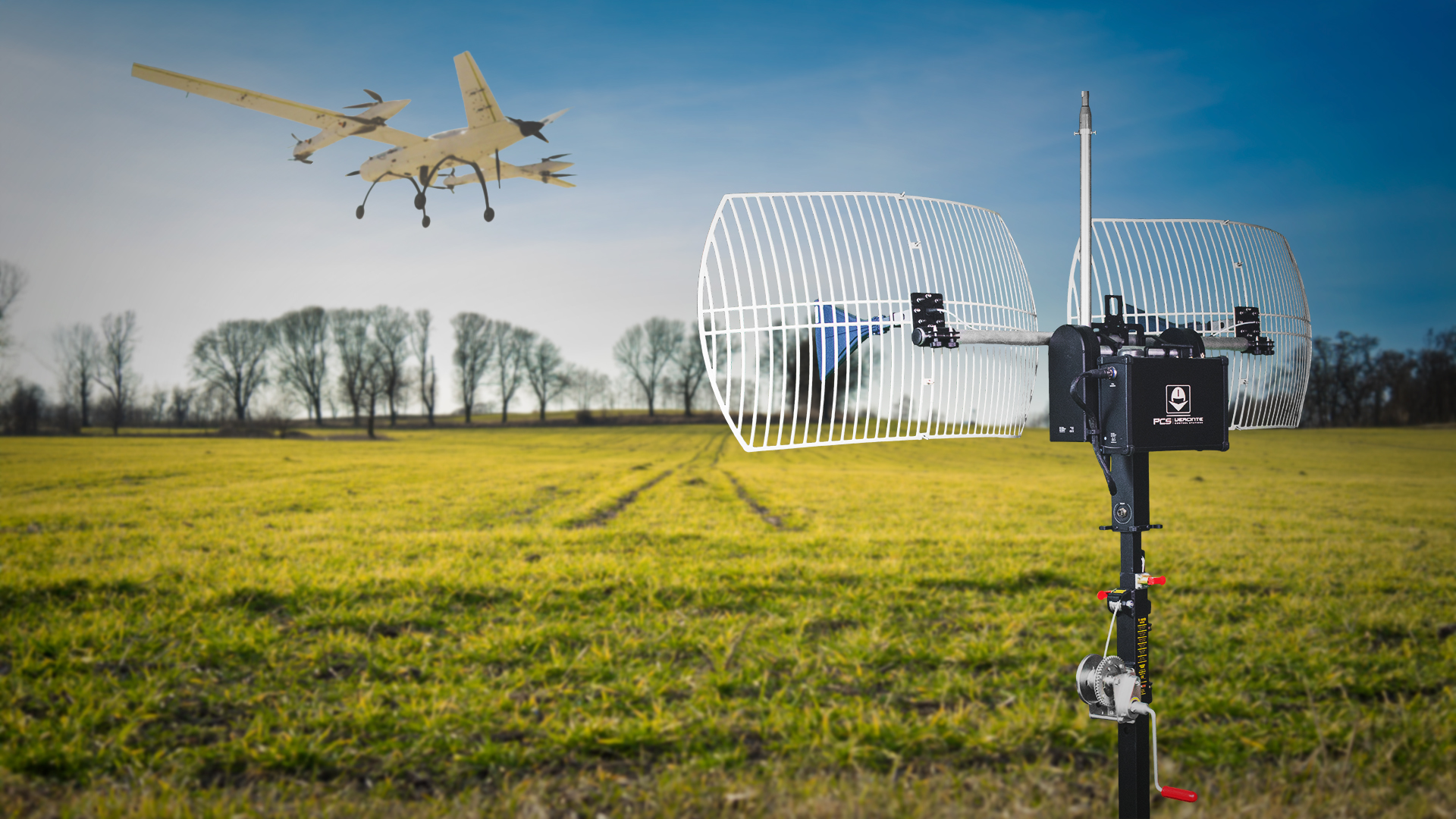
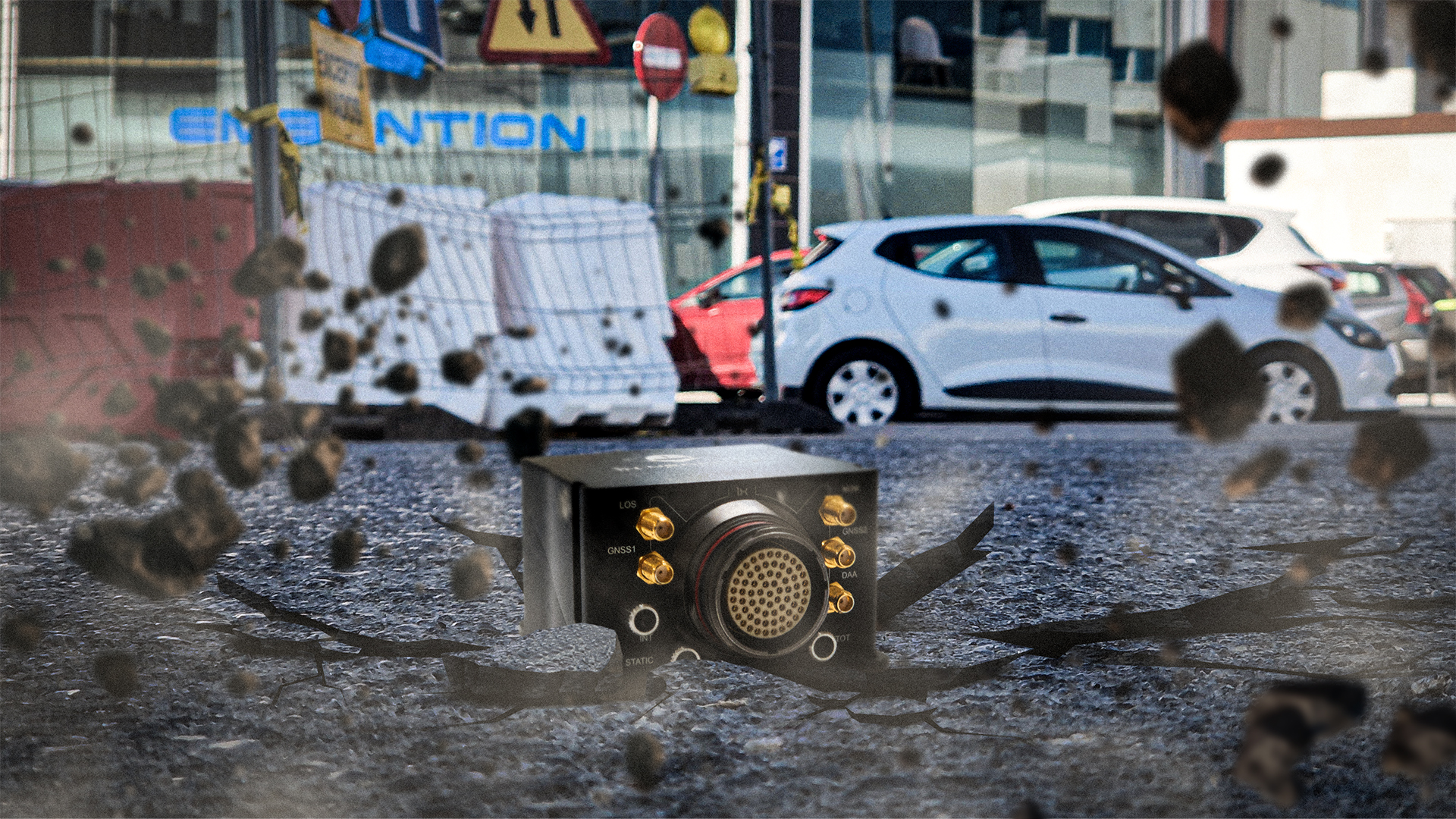
0 Comments